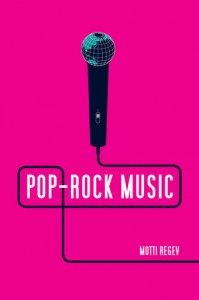Declaration of support from popular music scholars in relation to the current demonstrations in Turkey.
Resistance of music against the authoritarian discourse and implementation of the government in Turkey.
The music performed by the people of Turkey with pots, pans and whistles is an important part of the current demonstrations against various aspects of Turkey’s Justice and Development Party (AKP) government.
There is a variety of grievances such as the authoritarian approach of the government, its perceived Islamic bias in making laws and making changes to society, and its heavy-handed approach to the demonstrations including the physical attacks and arrests of peaceful demonstrators.
The people of Turkey performing with pots, pans and whistles, as well as musicians including our colleagues and students, are in the streets all day and night, and many of them are being arrested and injured by police forces acting on behalf of AKP. Continue reading →

